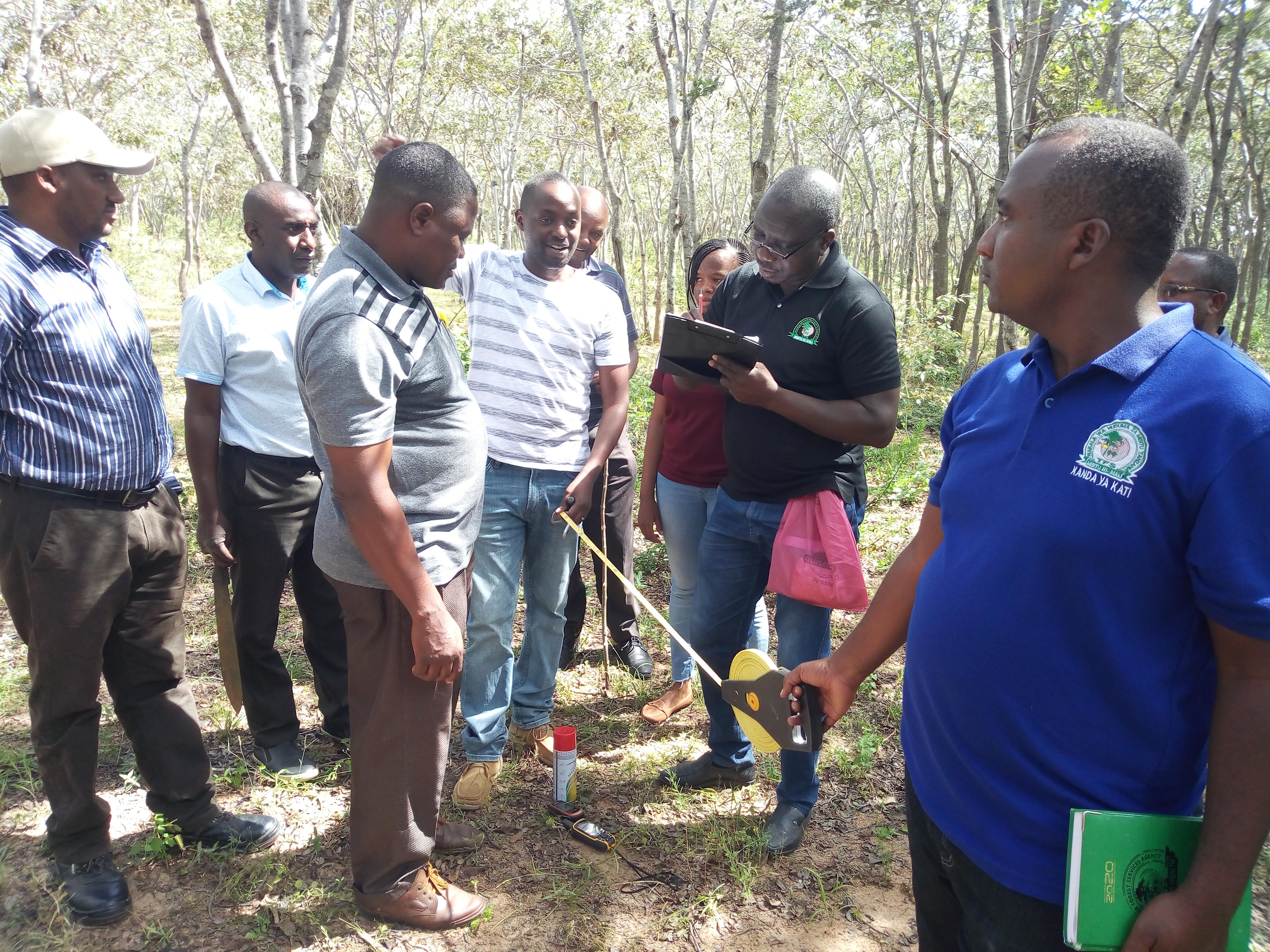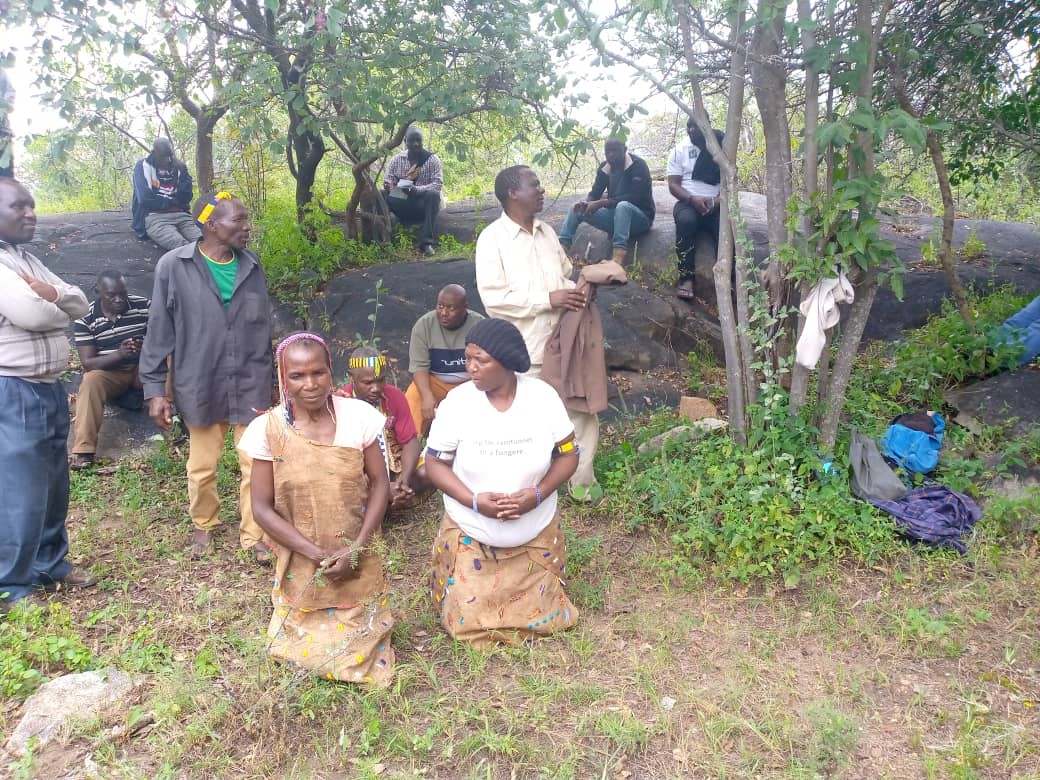 (Photo credit: IFAD Tanzania)
(Photo credit: IFAD Tanzania) Obtaining Village Land Forest Reserve status in Tanzania can help to preserve the forest matrix and help communities invest in Sustainable Land Management practices. Here’s what RFS is doing to advance this agenda and keep SLM in the hands of local stakeholders.
The dry Miombo woodlands of eastern, central and southern Africa are in a precarious situation. Widespread deforestation and land degradation, combined with climate-change-induced changes to the hydrological cycle are threatening their unique ecosystems and the 40 million people living under their canopies in Angola, Malawi, Mozambique, Tanzania, Zaire, Zambia and Zimbabwe.
But the RFS Tanzania project, led by IFAD, has other plans for the state of the Miombo and her people in their country. Seeking to obtain Village Land Forest Reserve (VLFR) status, this project leaves the power of natural resources management in the hands of the communities who rely on these forests the most.
In the project site at Munguli Village, RFS Tanzania is engaging with village members, councils and assemblies, the people who will carry out this important work, through Sustainable Land Management (SLM) training and practices to ensure food security, environmental integrity and increased livelihoods as per their long-term project goals.
A major step in reaching VLFR status is creating a sustainable forest management plan, part of which requires a reliable picture of the state of the forest at the project’s inception. This means conducting a Participatory Forest Resources Assessment (PFRA), essentially a stocktaking exercise, to inform management activities and help paint an accurate picture of the forest matrix.

By partnering Munguli villagers with forest experts, the project seeks to advance conservation initiatives by harnessing local indigenous knowledge and encouraging informed community stewardship. Part of the knowledge sharing process is conducted in Farmer Field Schools in the communities where villagers take part in tree nursery establishment and management activities that are relevant to their surrounding environment.
So who are the people living adjacent to these forests and how does cultural context share in their experiences?
The Hadzabe are a traditional people whose cultural beliefs are rooted in conservationism and connection with nature; even their cosmology is tied to the celestial world and respect for their ancestors.
The Hadzabe are traditionally hunter-gatherers, but pressure from anthropogenic forest degradation and encroachment of agricultural land is driving Hadzabe communities to settle and participate in stationary farming practices themselves. One such community happens to be adjacent to the proposed VLFR site.

Marrying conservation objectives with the needs of local communities is integral in ensuring their long-term sustainability, both socially and ecologically. Ensuring that the Hadzabe’s cultural needs are being met in tandem with the project’s goals means engaging in dialogue surrounding their use of forest products and how this fits in with maintaining the integrity of the forest at large. Because the Hadzabe rely entirely on forest products, both timber and non-timber, it is essential that the use and management of these resources are sustainable, intentional and in the best interests of current and future inhabitants.
Achieving VLFR status for the forest will signal to stakeholders, the government and the local people that the forests are protected and that there are people with its best interest at heart. The farmer field schools being run by RFS Tanzania will help the community find the tools and techniques they need to monitor changes to the forest and conduct sustainable harvests. Following PFRA activities, the villager will know what the state of the forest is and be better able to make the most beneficial choices in its management.
In addition to forest management practices, other initiatives are bringing in complementary resources to grow the project benefits together. The Tanzania Forest Services Agency (TFS) is supporting 60 beehives to Munguli villagers to improve food security, increase incomes and contribute to biodiversity in the forest.
Managing this sustainable woodland for its social and environmental benefits is a balance that the nature-centred Hadzabe people are well suited to take on.
Subscribe to our monthly newsletter to receive updates on stories directly from the field across all our projects, upcoming events, new resources, and more.